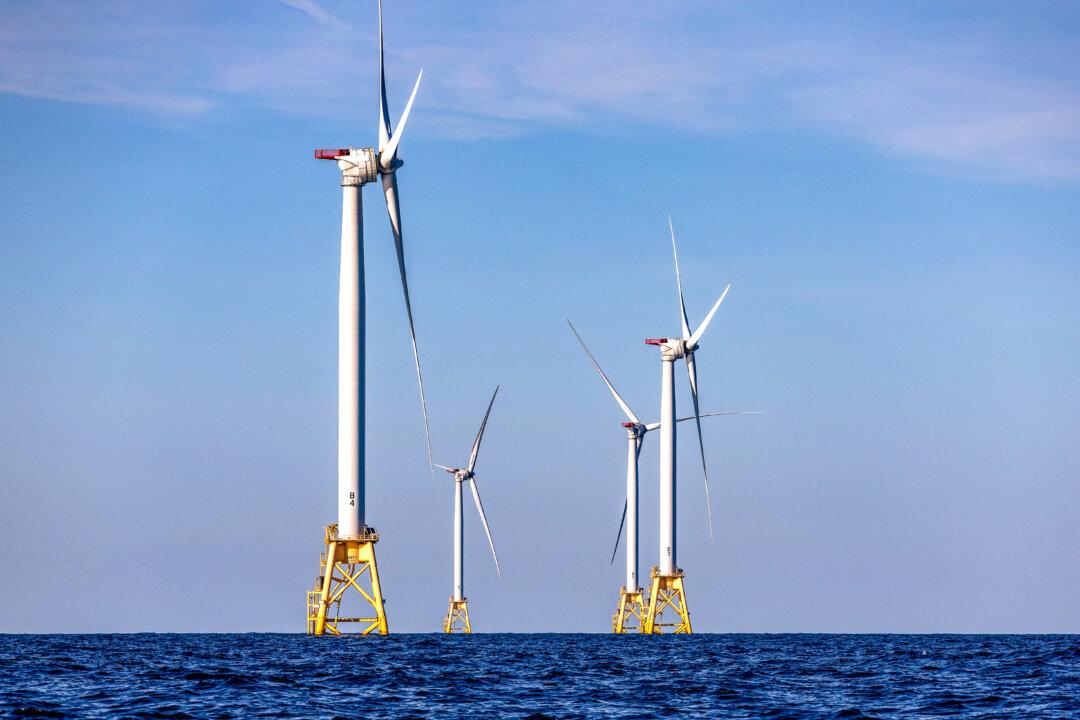The Internal Revenue Service (IRS) is warning taxpayers of a new scam involving the purchase of clean energy tax credits.
In a notice published July 3, the IRS said it’s seeing cases where fraudulent tax-return preparers lie to their clients about claiming clean energy credits under the Inflation Reduction Act (IRA).





